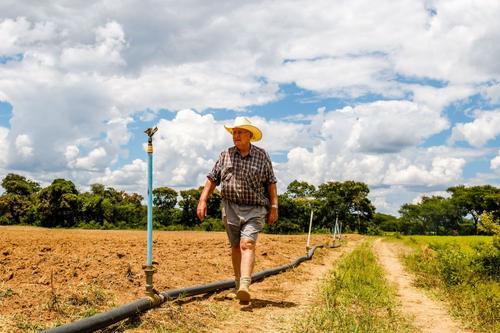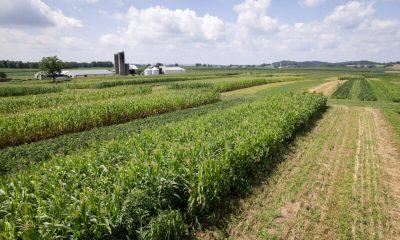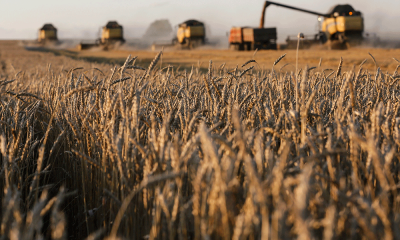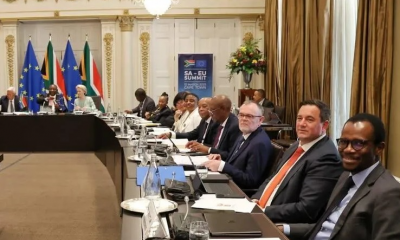411
Zimbabwe begins R5.8 billion compensation to white farmers over Mugabe land reform

The Zimbabwean government has taken a long-awaited step by initiating compensation payments to white commercial farmers who were dispossessed during the controversial land reform programme under former president Robert Mugabe.
The state-owned Herald reported this week that Finance Minister Professor Mthuli Ncube confirmed the first round of payments, which includes US$307 million issued via treasury bonds and US$3.1 million (about R58 million) in cash disbursed to 378 former farmers. These payments represent just 1% of the total US$311 million allocated for the first phase of compensation.
Last year, Ncube announced a US$20 million (about R350 million) payout to 94 affected farmers under the Bilateral Investment Promotion and Protection Agreement (BIPPA). At the time, he said the government was finalising a thorough verification process to identify legitimate claimants.
“This is a multi-year programme. It’s not a once-off payment,” Ncube said, adding that government efforts were focused on ensuring only verified and credible claims were honoured.
According to the Herald, Zimbabwe’s land compensation committee has now approved a total of 740 land claims.
The compensation process comes more than two decades after Mugabe’s land redistribution campaign, which began around the year 2000. At the time, large-scale farms owned primarily by white farmers were seized, with Mugabe arguing it was necessary to correct historical injustices dating back to colonial rule. The programme led to economic turmoil, widespread unemployment, and strained international relations, especially with the West.
Mugabe, who died in 2019, defended the policy as essential to returning land to the country’s black majority, who were dispossessed under British colonial rule before independence in 1980.
Now, the compensation initiative is seen as a key part of Zimbabwe’s efforts to restore investor confidence, stabilise its economy, and resolve longstanding disputes with affected individuals and international stakeholders.
Follow Joburg ETC on Facebook, Twitter , TikTok and Instagram
For more News in Johannesburg, visit joburgetc.com
Sourced:IOL
Picture: African Contemporary Farmers



























